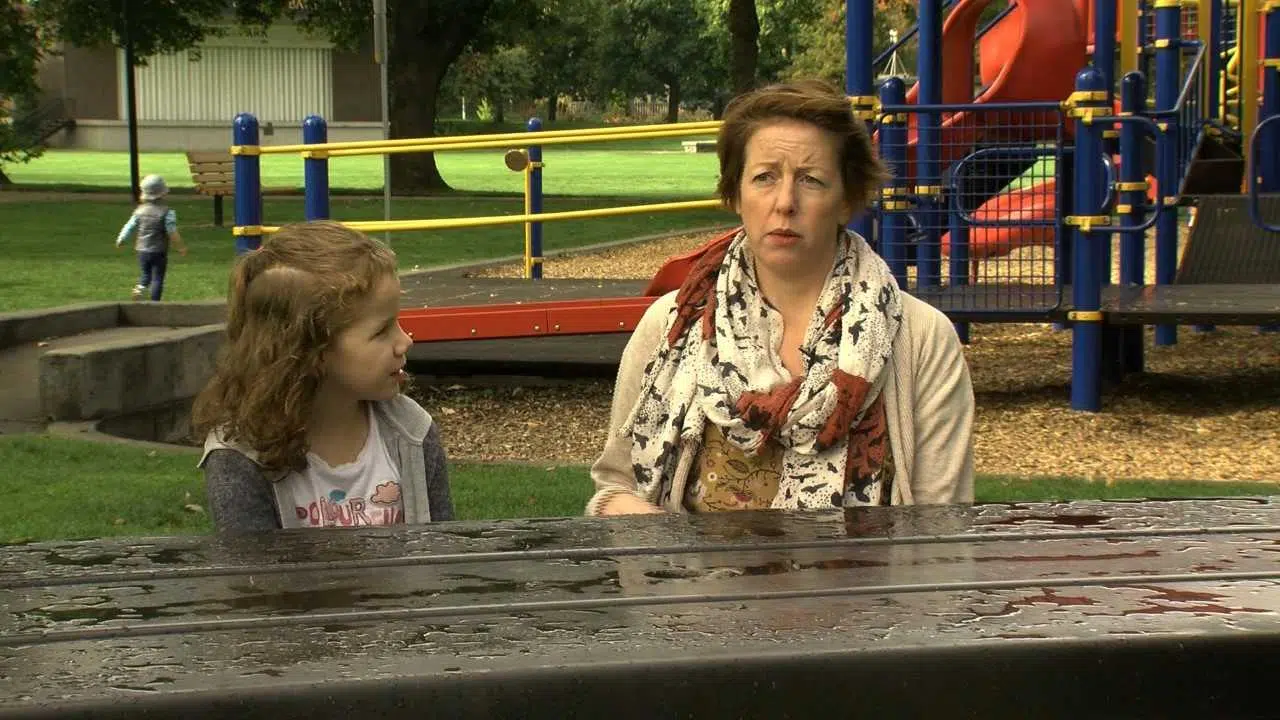
Kamloops mom pushing for more government support for FASD children
KAMLOOPS — Sellene McBride is like any 8-year-old girl – full of energy and always wanting to play. In particular, Sellene loves to climb and is fearless in doing so.
“It’s fun and I’m making new friends,” she said while playing at Riverside Park.
But what you can’t notice on the surface is Sellene’s FASD, fetal alcohol spectrum disorder, which affects her life in so many ways.


